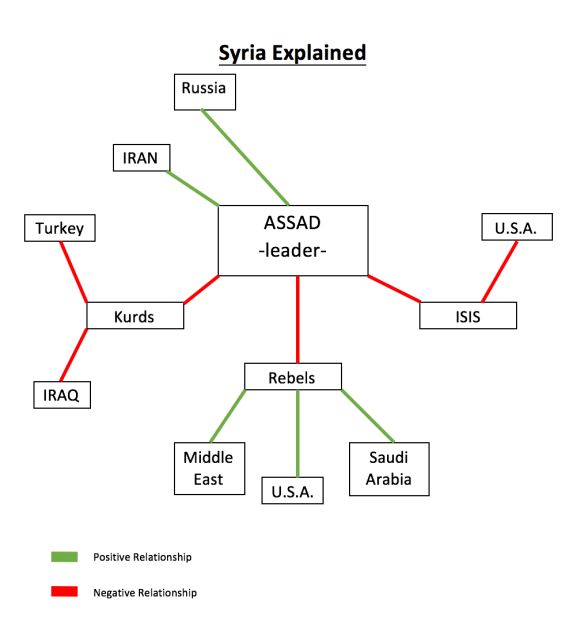Refugees rely on aid. Humanitarian aid relies on funding from donors and there is no way around this. Yet an article published in 2012 in Johannesburg, titled “Donor fatigue forces WFP to cut refugee rations,” shows that funding is decreasing and this is becoming a major problem for those living in camps in at least four African countries (from the article). The food rations of those in the camp are being cut, and for most of the people in the camp earning their own income is not an option. The chances of becoming self sufficient are slim to impossible and some of the refugees have been living in the camp for over a decade. This is not a temporary solution.
So why should we care? The climate in America seems to be “out of sight, out of mind.” We care about issues that affect us and for the rest, well it may be sad but it happens. In my SMAD 301 course, we recently watched the Hollywood classic, Casablanca. In the film, the main character, Rick is a man who to escape the hardship of the Nazi takeover in France, comes to Casablanca in Morocco and runs a cafe there. He is a harsh man who takes the approach of “sticking his neck out for nobody” and not wanting to get involved in the matters of others. He simply looks out for himself. Yet as the film continues, he eventually becomes a man who is willing to interfere and take risks to fight for good. Because the film takes place in WWII, Casablanca is a melting pot for many who come to seek access to get to the US or another country to escape the war. Casablanca is like a holding place for many of the people who hope to just be passing through but some are trapped there.
The film has an allegory of Rick representing the US during the war. We started out as sticking to our isolationist foreign policy and keeping out of it as much as possible. But as the conflict continues it becomes apparent that America must get involved, on moral grounds. And eventually the war is won.
In many ways, Casablanca has parallels to refugee camps. They are “holding places” for people who have no other place to go. And though it may not be up to us that these places exist, we can be aware of it. Like Rick, we do not have to stay ignorant to what is happening around us simply because we have to look out for ourselves. Similar to the US before getting involved in WWII, we were scared. But our agenda cannot and should not only concern ourselves. As another reading stated, “durable solutions are political solutions” and if that is true, then its citizens need to demand more of our government. And as citizens we need to be advocating for others.
And living in fear isn’t a good answer anymore. What many right leaning politicians argue is safety and protecting it’s citizens is actually being ignorant and cruel to the rest of the world. Trump’s travel ban falls under this among other actions he has made as President. The link below follows an article that discusses what Donald Trump could learn from watching the film and how underneath the themes of romance and war give insight into the lives of refugees and how they are facing similar situations still today.
http://www.laweekly.com/arts/what-donald-trump-could-learn-from-casablanca-7920945
-MP


